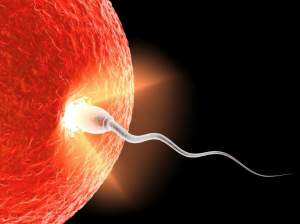I have a friend who is a very skilled sculptor. He has mastered the skill by putting a lot of painful hours into work. With all the patience and courage he can muster, he grabs his hammer and chisels in his hands. He takes a painstaking look at the rock he is going to work on. Caressing it gently and carefully as if the rock before him were fragile, he puts his chisel on the spot that he thinks is better, to begin with. He raises the hammer just above the level of his eyebrows and strikes it with the right amount of pressure to cut the rock. It is a very measured and well-calculated strike. He knows his hammer and his chisel far better than anyone.
We are not a byproduct of random chance. Nor are we left as a matter in motion in the vast universe. We have created beings. Even more so, we are made and formed with a purpose in his likeness.
The unrelenting process must continue in order to bring the rock into its intended shape. The work of the skilled sculptor’s hands is coming to a shape that doesn’t look anything like it was before. He has transformed it into something marvelous and meaningful. That masterpiece is unmatched by anything that we have seen before. A finished work depicts his creator’s skill and reflects his maker’s heart.
For You formed my inward parts; You wove me in my mother’s womb. I will give thanks to You, for I am fearfully and wonderfully made; Wonderful are Your works, And my soul knows it very well.
We are not a byproduct of random chance. Nor are we left as a matter in motion in the vast universe. We are created beings. Even more so, we are made and formed with a purpose in His likeness. Prophets from the ancient console that we are called to be his children. We are his masterpiece (Ephesians 2:10).


